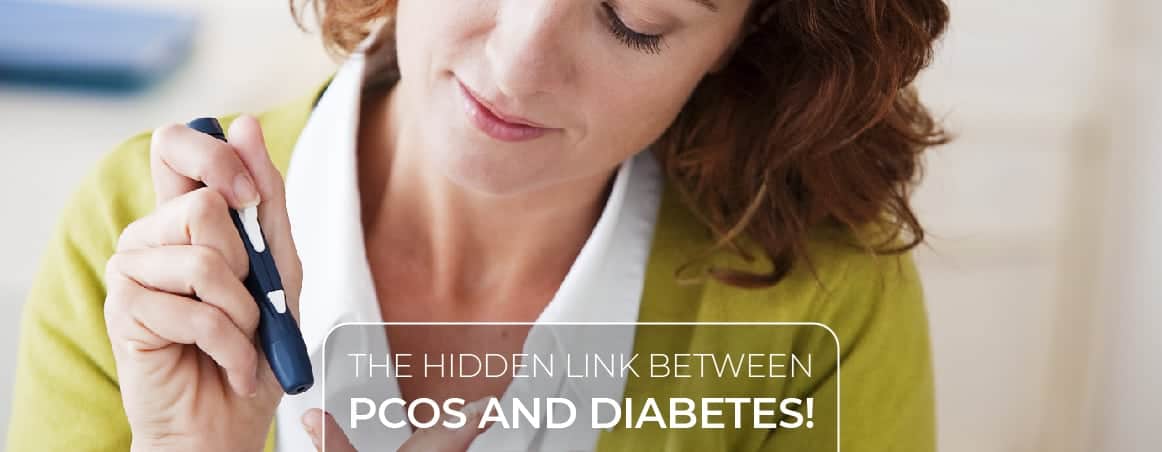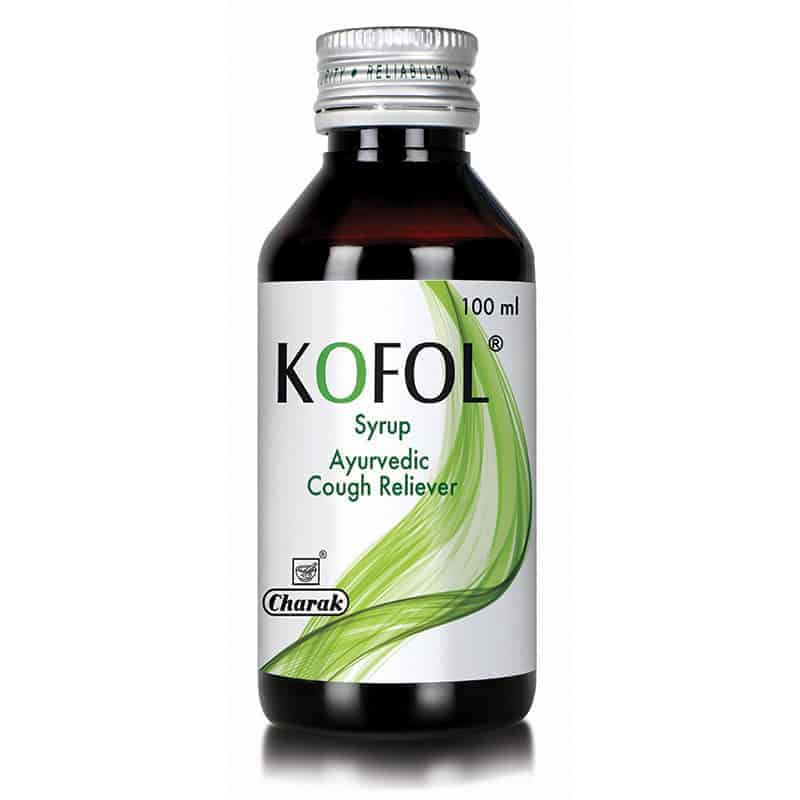It’s long been suspected that there exists a link between polycystic ovary syndrome (PCOS diagnosis) and Type 2 diabetes. Increasingly, researchers believe that these conditions are related.
PCOS is an endocrinal disorder that results in the growth of many small cysts on the ovaries ultimately leading to increased levels of androgens or male hormone. These small eruptions can cause irregular menstruation, excessive hair growth, acne, obesity and also impact a women’s ability to conceive.
Are PCOS and Diabetes connected?
Type 2 diabetes is a chronic condition that affects the way your body metabolizes sugar (glucose), your body’s important source of fuel.
With type 2 diabetes, your body either resists the effects of insulin — a hormone that regulates the movement of sugar into your cells — or doesn’t produce enough insulin to maintain a normal glucose level.
When you are insulin resistant, your muscle, fat, and liver cells do not use insulin properly. Because of the over-production of insulin from the pancreas, many individuals with Insulin Resistance have high levels of both glucose and insulin circulating in their bloodstream at the same time.
While type 2 diabetes is typically preventable or manageable through exercise and a proper diet, research shows that women with PCOS possess a higher risk for occurrence of type 2 diabetes. High levels of circulating insulin in the body can cause hormonal imbalance. This is nothing but increase in levels of male sex hormone or androgen leading to the growth of ovarian cysts.
Does Treating One Treat the Other?
Since both conditions are interrelated, specific treatments for the two conditions may complement or offset one another.
However, women with PCOS polycystic ovaries treatment are treated with birth control pills, which helps to regulate menstruation and clear acne. But some birth control pills can also increase blood glucose levels, a problem for people at risk for diabetes.
In such a scenario, rather than relying on modern medicine, treating either one of the condition or both naturally and with herbal supplements is the best option. It can also reduce the chances of occurrence of the other condition.
Can PCOS be managed?
PCOS can be managed if you overcome insulin resistance and control your body weight. Simple lifestyle modifications, diet changes and herbal supplement – Hyponidd help regain feminine features i.e face, figure, and fertility in women suffering from PCOS.
1. Exercise
Regular exercises like walking, jogging, swimming, aerobics, dancing; practicing yoga and meditation daily help lose those extra undesired and unwanted fats. Even 5% of weight loss helps stabilize hormones and regulates the menstrual cycle. Exercise also helps to burn off excess blood sugar and makes the cells more sensitive to insulin, allowing the body to use insulin more effectively. These benefits people with diabetes as well as women with PCOS.
2. Balanced diet
A balanced diet that provides whole grains, lean proteins, healthy fats, and plenty of fruits and vegetables is key to helping to reduce the risk of diabetes and to managing weight. Cultivating healthy eating habits protects your heart, lowers cholesterol, and controls body weight. Avoid foods that are rich in saturated fats such as meats, cheese, and fried foods. Consume fenugreek seed and cinnamon since they improve insulin sensitivity.
3. Herbal supplement – Hyponidd
The PCOS treatment aims at normalizing menstrual cycles and ovulation which can be achieved by Hyponidd, an herbal insulin sensitizer. Hyponidd contains herbs like Haridra, Gudmar, Amalaki, Guduchi, Mamejoa and Tarwar. That restore hormonal balance, control body weight, improve insulin uptake and treat PCOS symptoms. HYPONIDD is the best ayurvedic medicine for PCOS on account of its role as an herbal insulin sensitizer.







